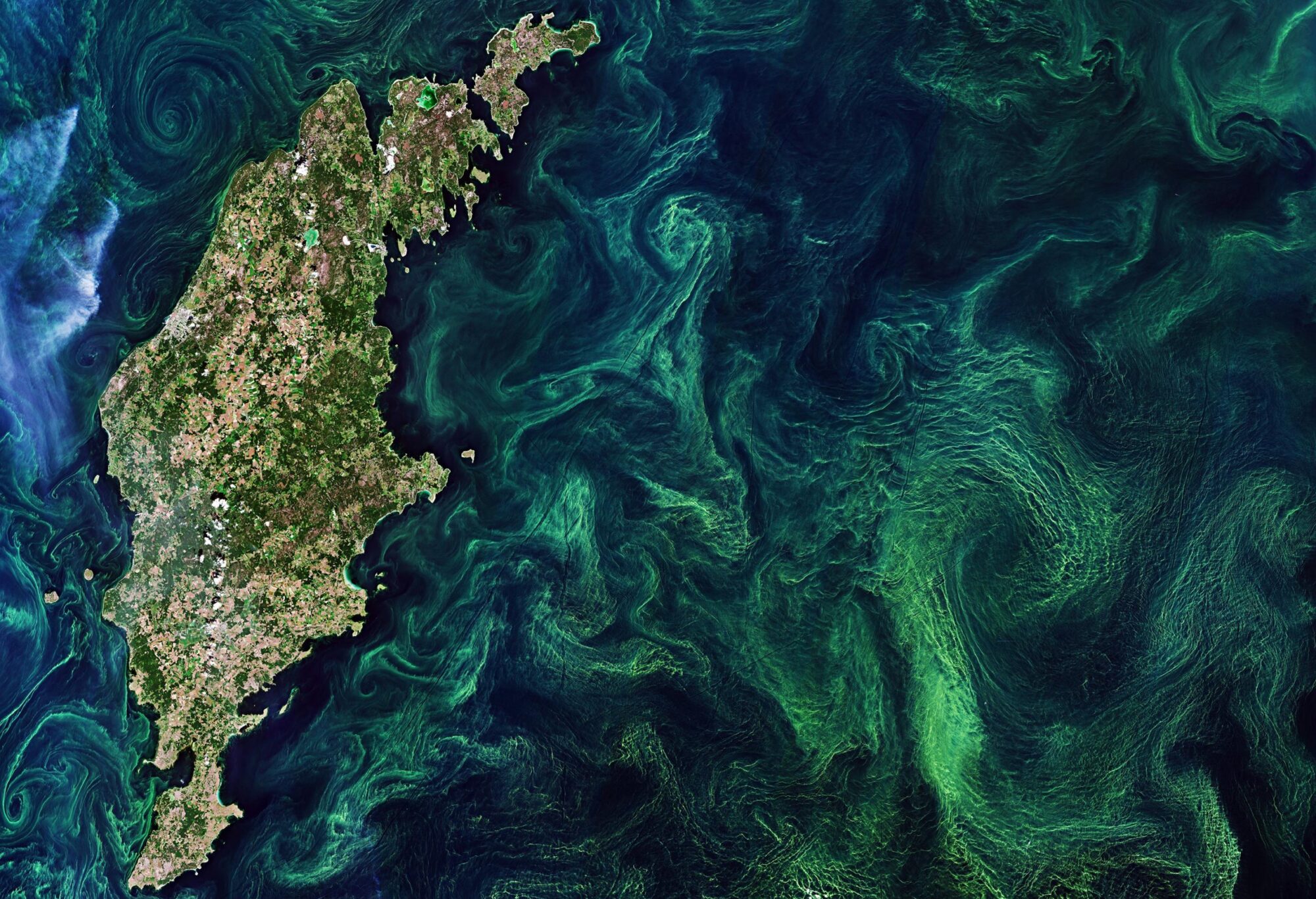Today, the conditions of the Baltic Sea have only worsened and the consistent approach of ‘problem-solution’ has proven to be useless and confusing. The solutions suggested overlook the actual problems entirely. Getting used to environmental crises and shortcomings only indulges our mindset and perpetuates the agony – what doesn’t kill you now, will kill you eventually, without the initial alert.
The Baltic sea is the youngest and most polluted sea on Earth. The most critical reason, aside from its shallow seabed and isolation from the oceans, is the way it is used and abused as a source for regional economic growth.
For years, governments have seemingly worked on solving problems facing the Baltic Sea while the actual conditions are worsening. The suggested solutions have been useless and confusing, overlooking the fundamental issues entirely. Meanwhile, Baltic Sea countries continue to advocate for economic growth while knowing its detrimental impacts on the Baltic Sea and the environment at large.
In 2020, the European Commissioner for Environment Virginijus Sinkevičius initiated a joint declaration to cut pollution in the Baltic Sea. However, the member states were not required to cut pollution. They were asked to behave responsibly and encouraged to seek solutions that fit their own interests best – the very source of the Baltic Sea’s degradation.
The Baltic Sea is still heavily exploited as a route and market for the region’s economic growth. All the Baltic Sea countries continue to profit from the sea rather than pay for its
well-being. Meanwhile, constant pollution from industrial facilities, weak regulations and nutrient runoff from intense agriculture practices causes algal blooms, raising oxygen depletion and making water dark and uninhabitable. Human driven processes happen too rapidly for simple clean-up strategies.
There is no solution in false narratives. Greenwashing is an actual threat to the vision of the future. If we continue cleaning up the pollution and reacting to the damage, we will continue to be one step behind, never overturning the actual deterioration. The necessary change will never come if we keep nitpicking the symptoms of disaster. Not only will the conditions of our environment continue on a downward spiral, but sooner or later, people with good intentions – academics, politicians, non-governmental workers, activists – will wear out, lose their motivation and step aside. The discord between daily “environmental efforts” and the underlying problems is simply too big to continue.
Abusing natural habitats cannot continue without having fatal consequences on our own habitats. The economic growth model must no longer hold the primary position in policy making. To stop the corporations from abusing the Baltic Sea for their wealth and growth, all efforts of business-as-usual must be derailed and banned in their initial phase.
Corporations which pledge to improve their business methods with “green lies” while continuing with their revenue model and representing only shareholder interests, must be called out. Promises of improving wellfare at the cost of the environment should no longer be believed. We need to stop pretending that our hands are tied. If it’s not at the service of nature, it is not worth risking. There is no contract with no company worth saving before natural ecosystems.
The Baltic Sea is facing a number of human-caused environmental problems: dense ship traffic, eutrophication, overfishing, plastic waste, pharmaceutical waste, waste-water treatment, farming and industrial pollution from all its member states, and more. This is not an accident, it is a choice. We must acknowledge that our businesses are creating more risks and pollution to the Baltic Sea area than we can handle. The responsibility lies on resolute and strict demand.
Getting off the rogue path in the light of climate change will not be comfortable. We cannot rely on people adapting to the drastic environmental changes individually. Governments must start making extraordinary decisions on behalf of the environment and against corrupt management.
The Baltic Sea shoreline has ten member states: Denmark, Germany, Poland, Russia, Lithuania, Latvia, Estonia, Finland, Sweden, and the European Union. We ask, demand, declare and require the Baltic Sea to be treated as a living body that our very lives depend on. Ending the usual business model in the region will be challenging, frustrating, and painful for many It is also unavoidable.
We must be in the service of environmental recovery for the sake of nature, our living environment, and the well-being of us all.
Please sign Baltic Sea Manifest 2022 here. After signing, confirmation is sent to your e-mail. Your signature will only be counted after you confirmed it.
Cleaning will never end if contamination never stops
The Baltic Sea is facing a number of environmental problems: eutrophication, overfishing, and plastic marine litter, to name but a few. The solutions can often seem obvious: among other things, we need to fish less and release lower volumes of fertilizers and rubbish into the sea. In spite of this, it is difficult to put any solutions into action.
Olle Torpman (2018)
